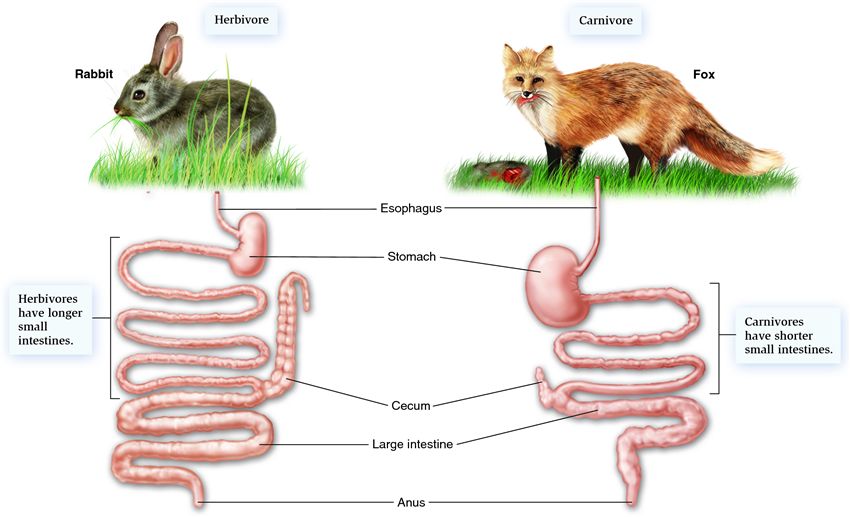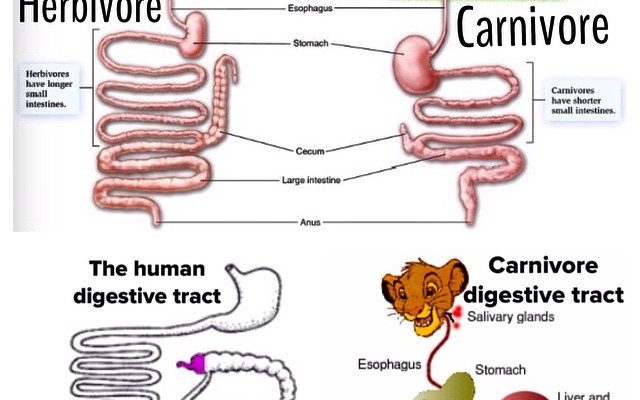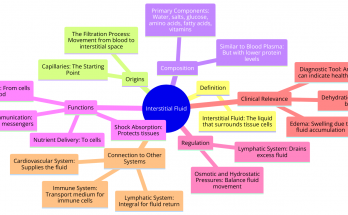The length of the Small Intestine varies according to the feeding habits of different species.
- Herbivores and omnivores generally have longer Small Intestine relative to their body size than carnivores.
- Herbivores mainly consume grass and plants, which consist of fibres and cellulose. Cellulose, which is found in the cell walls of plant tissues, is more difficult to digest and takes longer to break down.
- To fully digest their food, herbivores need a longer digestive tract that allows for complete digestion.
- The longer intestines of herbivores also harbour numerous small bacteria. These bacteria aid in the process of breaking down cellulose into glucose, which serves as an energy source for the herbivore.
- Carnivores, on the other hand, lack the enzyme cellulase, which is necessary for the digestion of cellulose. Therefore, they have a shorter small intestine as they do not have to digest cellulose.
Therefore, the difference in the length of the small intestine between herbivores and carnivores can be attributed to the contrasting dietary requirements and the ability to digest cellulose.

Also Check – Small Intestine- Structure , Functions and Movement in the Digestive System
Also Check- How is the Small Intestine designed to absorb Digested Food ?
Also Check – Function of Stomach in Digestive System
Also Check – Heterotrophic Nutrition – Definition ,Types and Examples
Also Check – How are Fats Digested in our Body ? Where does this process take place?


6 Comments on “Why do Herbivores have Longer Small Intestine than Carnivores”